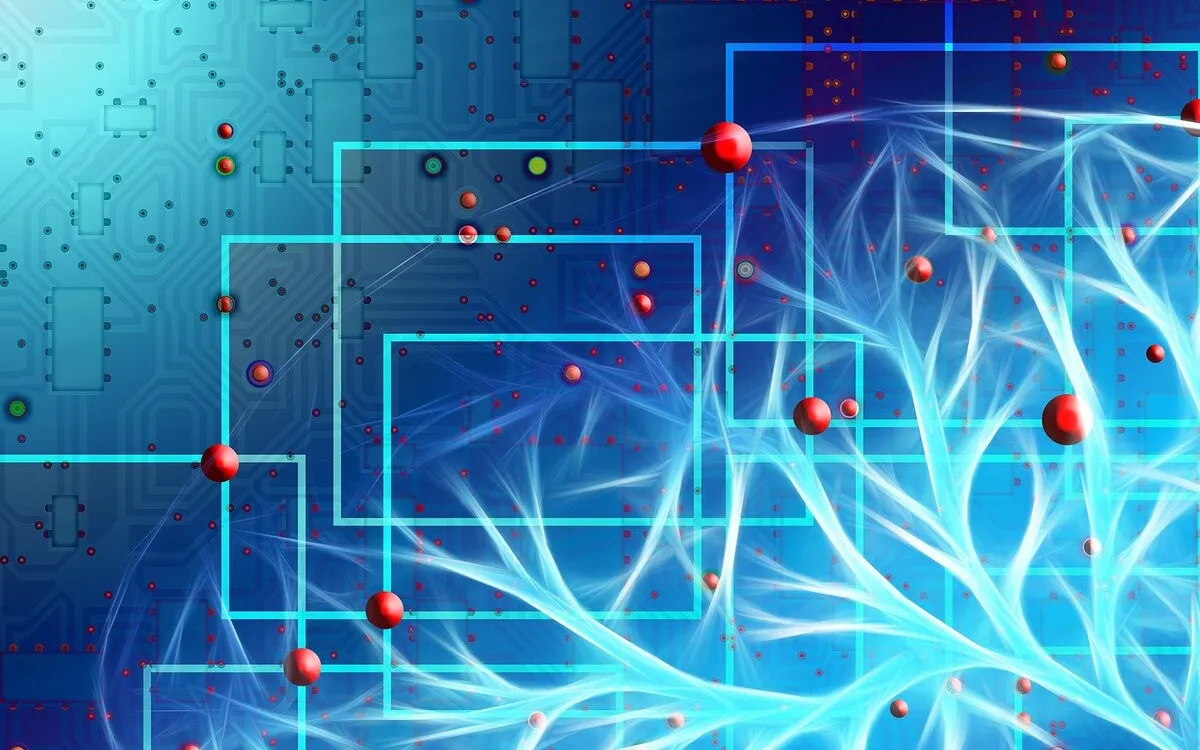
Researchers at Penn Medicine have made significant strides in understanding the effects of psilocybin, the active compound found in certain psychedelic mushrooms, on specific brain circuits. This groundbreaking research could pave the way for innovative approaches to managing chronic pain and mental health disorders. Chronic pain affects over 1.5 billion people globally and is often intertwined with conditions such as depression and anxiety, creating a vicious cycle that exacerbates suffering and diminishes quality of life.
The recent study conducted by the Perelman School of Medicine at the University of Pennsylvania and published in Nature Neuroscience sheds light on potential methods for breaking this debilitating cycle. Dr. Joseph Cichon, MD, Ph.D., an assistant professor of Anesthesiology and Critical Care at Penn and the senior author of the study, emphasizes the complexity of patients suffering from both chronic pain and depression. "In many cases, they're not sure which condition came first, but often, one makes the other worse," he states. This research opens up promising avenues for treatment.
The findings suggest a pathway to developing new, non-opioid, and non-addictive therapies, as psilocybin and similar psychedelics are not classified as addictive substances. This revelation is particularly important given the ongoing opioid crisis and the urgent need for alternative pain management solutions.
In experiments involving mice with chronic nerve injury and inflammatory pain, researchers observed that a single dose of psilocybin significantly reduced both pain and pain-induced anxiety and depression-like behaviors, with effects lasting nearly two weeks. Psilocybin operates by gently activating specific brain signals known as serotonin receptors (5-HT2A and 5-HT1A). According to Dr. Cichon, "Unlike other drugs that fully turn these signals on or off, psilocybin acts more like a dimmer switch, turning it to just the right level."
To determine the origin of these effects, researchers injected psilocin—the active form of psilocybin—into various regions of the central nervous system. Utilizing advanced fluorescent microscopy, which employs glowing dyes to visualize neuronal activity, the team was able to observe chronic pain neurons firing spontaneously. Notably, when psilocin was injected directly into the prefrontal cortex, particularly the anterior cingulate cortex (ACC)—a region responsible for processing pain and emotions—the results mirrored those achieved when psilocybin was administered systemically.
Conversely, injections into the spinal cord did not yield the same calming effects. Dr. Cichon notes, "Psilocybin may offer meaningful relief for patients by bypassing the site of injury altogether and instead modulating brain circuits that process pain, while lifting the ones that help you feel better, giving you relief from both pain and low mood at the same time."
The implications of this study extend beyond pain management. Researchers believe these findings could also inform therapies for other conditions characterized by dysregulated brain circuits, including addiction and post-traumatic stress disorder (PTSD). However, Dr. Cichon emphasizes the need for further research to ascertain the safety and efficacy of psilocybin as a treatment option. "In my anesthesiology practice, I often see that both pain and mood symptoms can worsen following surgery due to the physiological and psychological stress imposed by the procedure," he explains.
While psilocybin shows significant promise as a dual treatment for both pain and depression, its application in surgical settings remains to be fully explored. The Penn research team plans to investigate optimal dosing strategies, long-term effects, and the brain's capacity to rewire itself to sustain these benefits in rodent models.